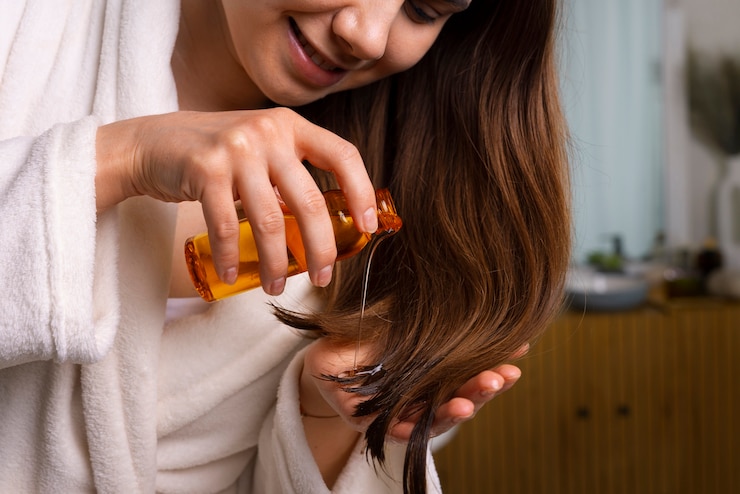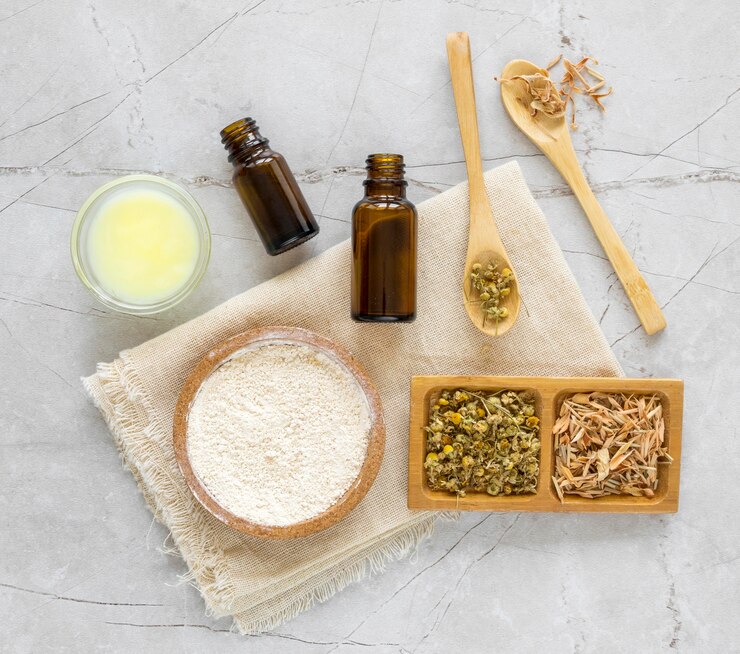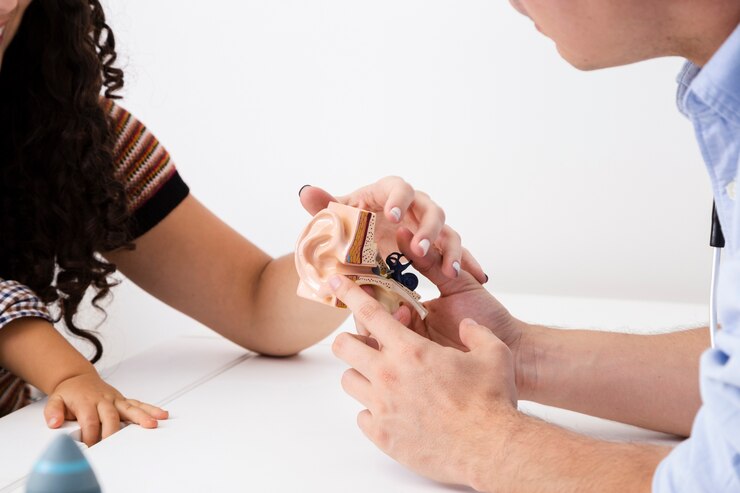
If you’re finding more hair in your brush or your hair seems less thick and shiny, you’re not alone. Many factors play a role in hair health—like hormones, stress, gut health, and even the products you use—but nutrition is one of the most crucial and often overlooked aspects.
Your hair depends on the nutrients you consume. A lack in essential vitamins and minerals can lead to dryness, breakage, slow growth, or even hair loss. The good news is that you can support strong, healthy hair by nourishing your body with the right foods. Let’s explore the key nutrients your hair needs to flourish:
1. **Vitamin A – The Scalp Moisturizer**
Vitamin A aids in producing sebum, a natural oil that keeps your scalp moisturized and your hair looking shiny. Without it, your scalp might become dry and itchy, and your hair can appear dull and brittle. More isn’t always better, though—too much vitamin A can cause hair loss. It’s best to source vitamin A from foods like carrots, sweet potatoes, and dark leafy greens rather than high-dose supplements.
2. **B Vitamins – The Oxygen Transporters**
B vitamins, particularly B6, B12, and folate, help create red blood cells, which carry oxygen and nutrients to your scalp and hair follicles. Adequate oxygen is key for strong hair, as a deficiency may lead to weak hair prone to shedding. Keep your B-vitamin levels balanced with whole grains (opt for sprouted or fermented), eggs, leafy greens, and legumes.
3. **Biotin – The Hair Growth Superstar**
Biotin is a type of B vitamin vital for keratin production, the protein that forms hair. A shortage may lead to brittle hair, slow growth, or hair loss. Naturally, boost your biotin intake with eggs, nuts, seeds, and avocados. While biotin supplements are popular, most people can get sufficient amounts through a balanced diet since supplement absorption is low.
4. **Vitamin C – The Collagen Booster**
Vitamin C is a powerful antioxidant that safeguards hair from oxidative stress caused by free radicals and aids in collagen production, reinforcing hair strands. It also boosts the absorption of iron, another crucial nutrient for hair health. Include citrus fruits, bell peppers, strawberries, and kiwi in your diet to increase vitamin C intake. For supplementation, liposomal vitamin C enhances absorption.
5. **Vitamin D – The Follicle Awakener**
Low levels of vitamin D are linked to hair shedding and slower growth because it contributes to creating new hair follicles. Since it’s challenging to get enough through food alone, try getting some sun or adding vitamin D-rich foods like fatty fish, egg yolks, and mushrooms to your diet. Supplements can also be helpful, especially during winter.
6. **Vitamin E – The Antioxidant Protector**
Another antioxidant hero, Vitamin E protects hair from damage. Studies show a significant increase in hair growth after supplementing with vitamin E for eight months. Boost your intake naturally with almonds, sunflower seeds, spinach, and avocado. When supplementing, choose one that includes all forms of vitamin E.
7. **Iron – The Hair Growth Fuel**
Iron is crucial for a healthy hair growth cycle as it helps deliver oxygen to hair follicles, which need plenty to function well. Low iron, common in women, can lead to excessive hair shedding or thinning. Increase iron levels with grass-fed beef, lentils, spinach, and pumpkin seeds. Pairing iron-rich foods with vitamin C improves absorption.
8. **Zinc – The Hair Repair Mineral**
Zinc is essential for protein synthesis and cell division, both vital for hair follicle growth and repair. Low zinc levels can lead to thinning and slow regrowth. Great sources include pumpkin seeds, chickpeas, cashews, and oysters. When supplementing zinc, balance it with copper to avoid potential deficiencies.
9. **Protein – The Building Block of Hair**
Hair is mainly composed of protein, so a sufficient intake is essential for hair strength and growth. Without enough protein, hair may weaken and become brittle or stop growing. Opt for high-quality sources like grass-fed meat, eggs, fish, legumes, and nuts.
**Final Thoughts**
For stronger, healthier hair, start by nourishing your body from within. Whole, nutrient-rich foods provide the crucial building blocks your hair needs to thrive. Remember, hair health is also influenced by stress, gut health, and hormone balance, so a holistic approach is always best.


